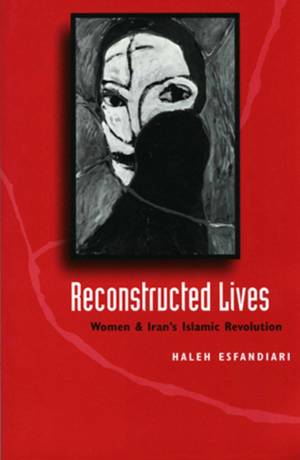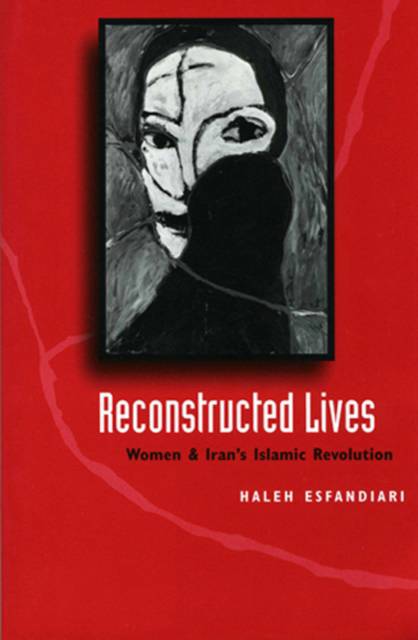
- Afhalen na 1 uur in een winkel met voorraad
- Gratis thuislevering in België vanaf € 30
- Ruim aanbod met 7 miljoen producten
- Afhalen na 1 uur in een winkel met voorraad
- Gratis thuislevering in België vanaf € 30
- Ruim aanbod met 7 miljoen producten
Zoeken
Reconstructed Lives
Women and Iran's Islamic Revolution
Haleh Esfandiari, Halah Isfandiyari
Paperback | Engels
€ 35,45
+ 70 punten
Omschrijving
The Islamic revolution of 1979 transformed all areas of Iranian life. For women, the consequences were extensive and profound, as the state set out to reverse legal and social rights women had won and to dictate many aspects of women's lives, including what they could study and how they must dress and relate to men. Reconstructed Lives presents Iranian women telling in their own words what the revolution attempted and how they responded. Through a series of interviews with professional and working women in Iran-doctors, lawyers, writers, professors, secretaries, businesswomen-Haleh Esfandiari gathers dramatic accounts of what has happened to their lives as women in an Islamic society. She and her informants describe the strategies by which women try to and sometimes succeed in subverting the state's agenda. Esfandiari also provides historical background on the women's movement in Iran. She finds evidence in Iran's experience that even women from "traditional" and working classes do not easily surrender rights or access they have gained to education, career opportunities, and a public role. "The most comprehensive and thoughtful treatment I have ever seen on the subject of women in Iran, their roles both before and after the revolution, and their broader pattern of growth and involvement in society at many levels. Ms. Esfandiari's scholarship involves highly original fieldwork under truly adverse circumstances. This book is also extremely well written."-Robin Wright, author and Middle East analyst
Specificaties
Betrokkenen
- Auteur(s):
- Uitgeverij:
Inhoud
- Aantal bladzijden:
- 248
- Taal:
- Engels
Eigenschappen
- Productcode (EAN):
- 9780801856198
- Verschijningsdatum:
- 1/06/1997
- Uitvoering:
- Paperback
- Formaat:
- Trade paperback (VS)
- Afmetingen:
- 153 mm x 227 mm
- Gewicht:
- 331 g

Alleen bij Standaard Boekhandel
+ 70 punten op je klantenkaart van Standaard Boekhandel
Beoordelingen
We publiceren alleen reviews die voldoen aan de voorwaarden voor reviews. Bekijk onze voorwaarden voor reviews.











